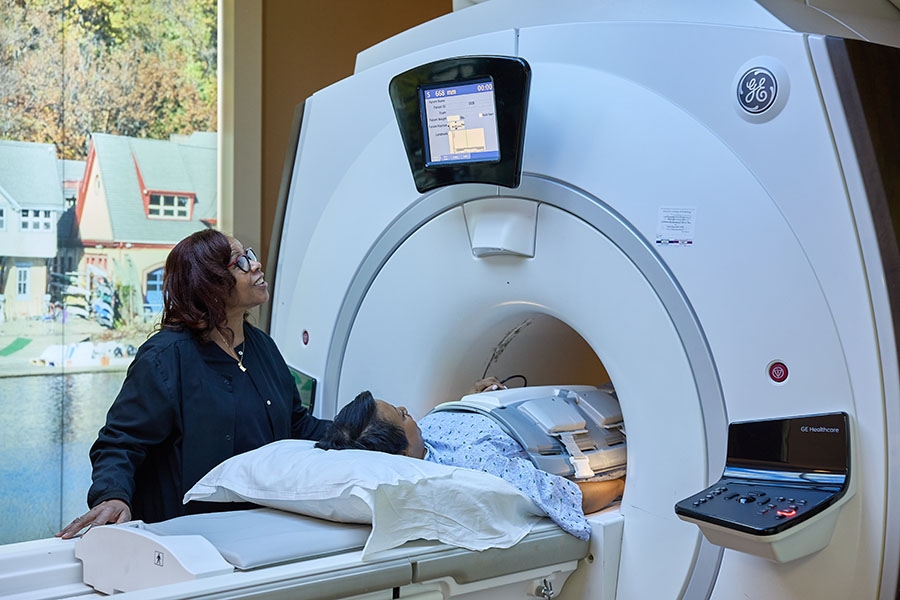No two breasts are identical, even on the same woman. They come in different sizes, different shapes, and even different densities. You can’t tell a breast’s thickness by looking at or feeling it, but it’s completely normal to have dense breasts. We talked to a doctor to better understand dense breast tissue and what women with dense breasts need to know about breast cancer screenings:
Q: What are dense breasts?
A: All breasts comprise milk-producing glands, fibrous tissue, and fat. Dense breasts are primarily made up of glands and fibrous tissue, while non-dense breasts are mostly fat. About 10% of women have extremely dense breasts, and another 10% have non-dense breasts—the other 80% fall somewhere in between.
Q: Why are dense breasts a challenge when it comes to mammography?
A: Non-dense breast areas appear dark and transparent on mammogram images. Areas of concern – such as noncancerous lesions or masses due to breast cancer – show up as white. Because dense breast tissue blocks X-rays, it also appears white on scans. This makes it difficult for radiologists to determine if white areas are normal breast tissue or if they require further evaluation.
Q: What happens if my mammogram can’t be read accurately?
A: If a radiologist spots any areas of concern on your scan or cannot distinguish between normal dense breast tissue and a mass, they’ll report the findings to your doctor, who will likely order follow-up tests. These may include a breast MRI or breast ultrasound. A biopsy may be suggested if there is still concern after completing these other tests.
Q: When should I get mammograms if I have dense breasts?
A: The American Cancer Society® recommends women at average risk for breast cancer begin yearly mammograms at age 45. They also suggest that women can begin annual screenings between 40 and 45. If you are at an increased risk of breast cancer, you may need to be screened earlier or more often than the recommendations.
Dense breasts may slightly increase your risk of breast cancer, although it is not exactly known why, so it’s best to talk to your doctor about when to begin yearly screenings. Whether or not you have dense, you want to maintain a yearly screening schedule and follow up with additional tests if your doctor recommends.
Mammograms can save lives, especially in women with dense breasts. If you need a mammogram due to age, risk, or breast density or are concerned about changes in one or both breasts, schedule a mammogram today, available at several locations throughout the region.
